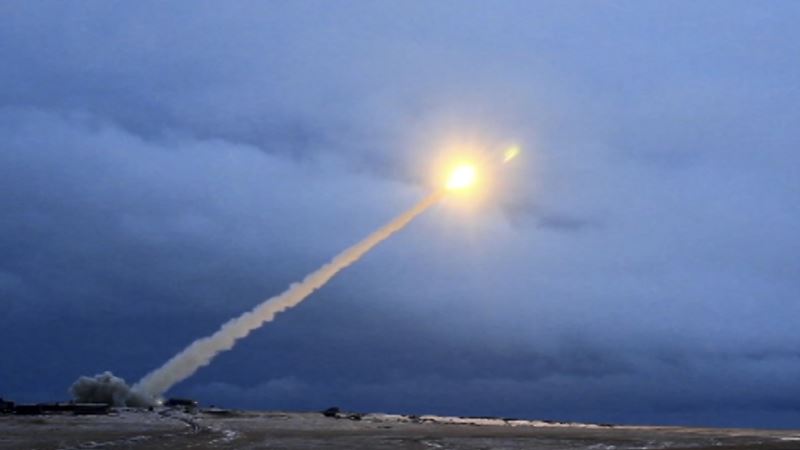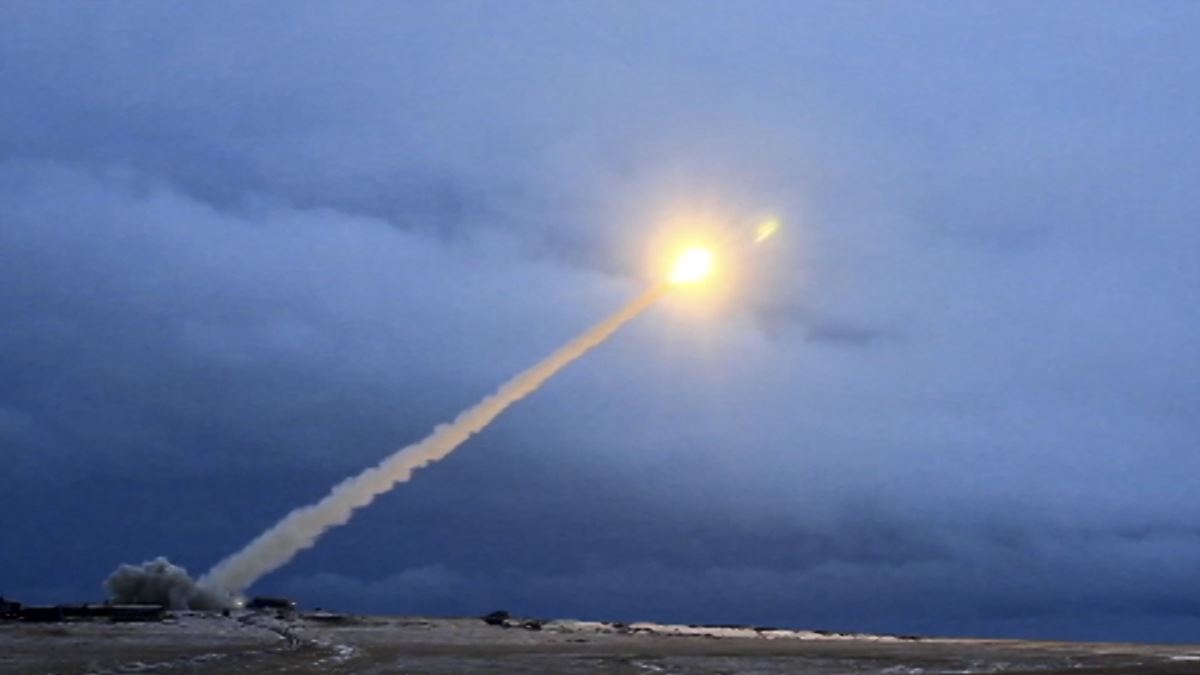

Three days of nuclear arms-control talks between U.S. and Russian officials are scheduled to begin on July 28 in Vienna.
During a first round of talks last month, the United States and Russia discussed their last remaining nuclear arms-control agreement, the 2010 New Strategic Arms Treaty (New START), which caps the number of deployed long-range nuclear warheads each can have.
After the June 22-23 talks in Vienna, U.S. Special Presidential Envoy for Arms Control Marshall Billingslea told a news conference that he and Russian Deputy Foreign Minister Sergei Ryabkov had made enough progress that they agreed to set up “multiple” technical working groups, with the second meeting depending on their progress as they look to replace the New START before it expires in February.
The talks come after a one-day dialogue on space security on July 27, the first on the topic held by the two countries since 2013.
The United States has proposed rules for responsible behavior in space, which would be modeled on existing rules of war that are based on the principles of proportionality and humanity.
Russia and China have been backing a rival effort to ban weapons in outer space in an international treaty.
No statement was issued after the one-day session.
U.S. Assistant Secretary for International Security and Nonproliferation Christophe Ford told a press conference on July 24 that the United States hoped the meeting would allow the sides to “explore ways to increase security and stability in outer space as well as to advance the cause of developing norms of responsible behavior.”
He also said that Moscow and Beijing have already turned space into a “war-fighting domain.”
The United States and Britain accuse Russia of having tested an anti-satellite weapon in space on July 15.
Moscow denied the accusation, describing the event as an inspection of one satellite by another.
“Russia has always been and remains a country that is committed to the aim of fully demilitarizing outer space and nondeployment of any kinds of arms in outer space,” Kremlin spokesman Dmitry Peskov said on July 24 in comments carried by state news agency TASS.
The United States and Britain, however, said a Russian satellite fired a projectile that Ford described as the space equivalent of “a bullet.”
Russia has now carried out such a test for the second time, Ford said. The first test took place in 2017.